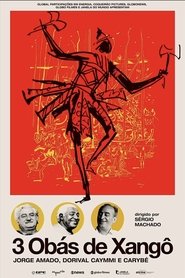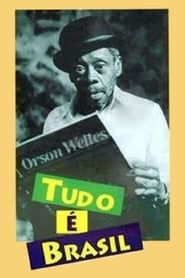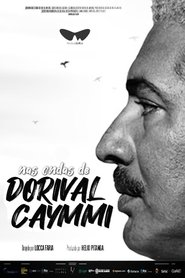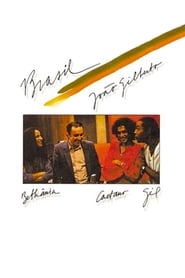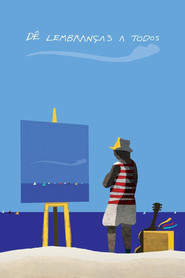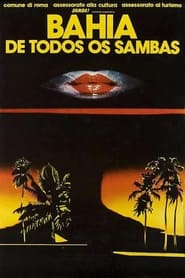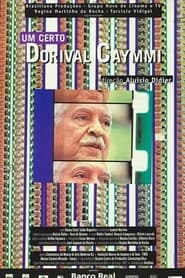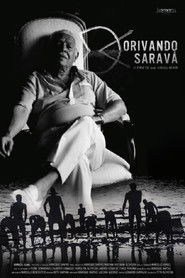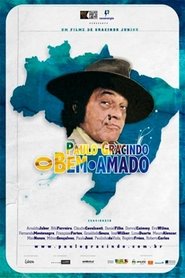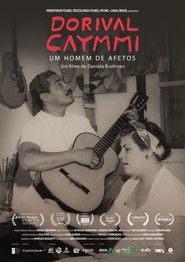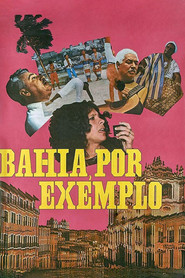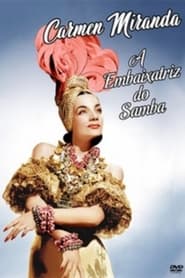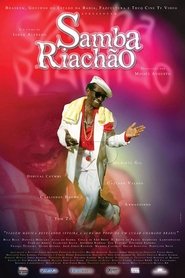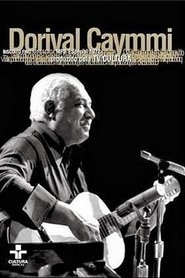Dorival Caymmi
Dorival Caymmi (Salvador, April 30, 1914 – Rio de Janeiro, August 16, 2008) was a Brazilian singer, composer, instrumentalist, poet, painter and actor, active for more than 70 years, beginning in 1933. He contributed to the birth of Brazil's bossa nova movement, and several of his samba pieces, such as "Samba da Minha Terra", "Doralice" and "Saudade da Bahia", have become staples of música popular brasileira. Equally notable are his ballads celebrating the fishermen and women of Bahia, including "Promessa de Pescador", "O Que É Que a Baiana Tem?", and "Milagre". Caymmi composed about 100 songs in his lifetime, and many of his works are now considered to be Brazilian classics. Both Brazilian and non-Brazilian musicians have covered his songs. Ben Ratliff of The New York Times wrote that Caymmi was "perhaps second only to Antônio Carlos Jobim in 'establishing a songbook of [the 20th] century's Brazilian identity." Throughout his career, his music about the people and culture of Bahia influenced Brazil's image in the eyes of both Brazilians and foreigners. Caymmi was married to Brazilian singer Stella Maris for 68 years, and the couple's children, Dori, Danilo, and Nana, are also prominent musicians. Each debuted professionally by accompanying Caymmi onstage and in recordings. In 2014, Caymmi's granddaughter Alice also began a musical career. Caymmi was born in Salvador, Bahia, to Durval Henrique Caymmi, the great-grandson of an Italian immigrant, and Aurelina Soares Caymmi, a native Bahian. He had two younger sisters, Dinahir and Dinah, and a younger brother, Deraldo. His father, a civil servant, often played the piano, guitar, and mandolin at home, and his mother, a housewife, sang regularly. He participated in his church's choir for much of his childhood. At age 13, he left school to work as a journalist at Bahian newspaper O Imparcial. When O Imparcial went out of business two years later, he took up work as a street vendor. Although he never formally studied music, Caymmi taught himself to play guitar in the late 1920s and began to compose, sing, and play his own songs on Bahian radio programs around 1930. He first achieved widespread recognition in 1933, when he composed the song "O Que É Que a Baiana Tem?" ("What Is It About Bahian Women?") for singer Carmen Miranda. In 1936, at age 22, he won a songwriting contest at Salvador's annual Carnaval celebration. His prize was a pink satin lampshade. Despite his early musical success, he moved to Rio de Janeiro in 1938 with intentions to pursue a law degree and to return to working as a journalist. While employed there by the newspaper Diários Associados, he spent his spare time composing and singing songs on the radio show Dragão da Rua Larga. His popularity began to grow with the show's audience. ... Source: Article "Dorival Caymmi" from Wikipedia in English, licensed under CC-BY-SA 3.0.
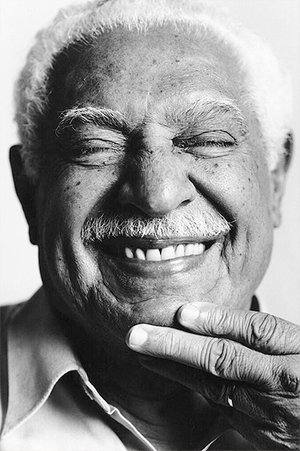
Celebração - 100 Anos do Cinema Nacional
as Self"Portraits and excerpts from Brazilian films from all times. Actors, directors and images that...
Movie pageThe Sandpit Generals
as John AdamInspired by the classic novel by Brazilian cultural icon Jorge Amado, this is the story of a...
Movie pageIt's All Brazil
as SelfA film essay about Brazil discovered through Orson Welles' eyes during the shooting of It's All...
Movie pageBrasil
as Self (archive footage)João Gilberto receives Caetano Veloso, Gilberto Gil and Maria Bethânia during the recording of...
Movie pageTalking Cinema
as SelfA fragmented style, patchwork of interviews with Caetano Veloso's friends, mixed with...
Movie pageDê Lembranças a Todos
as Self (archive footage)Dorival Caymmi was one of the inventors of the Bahian imagination. In his 94 years of life,...
Movie pageThe Girl from Ipanema
as Homem no CarnavalChronicles the life of a 17 year-old girl living in the upper-class Rio de Janeiro neighbourhood...
Movie pageBahia de Todos os Sambas
as SelfBetween August 23 and 31, 1983, at the "Circo Massimo", in Rome, there was a musical event that...
Movie pageDorivando Saravá, o Preto Que Virou Mar
as SelfSinger, composer, actor and painter, Dorival Caymmi was a multiple artist, but what they may not...
Movie pagePaulo Gracindo - O Bem Amado
as Self (archive footage)The life of a famous Brazilian film and television actor, including testimonials from people who...
Movie pageBanana-da-Terra
as uncreditedA man in charge of a publicity campaign for bananas decides to kidnap the Queen of 'Bananaland',...
Movie pageDorival Caymmi - Um Homem de Afetos
as Self (archive footage)An irresistible journey through the universe of the singer and composer that revolutionized the...
Movie pageBahia, For Example
as SelfThrough folklore manifestations and diverse artistic expressions, the film is a document that...
Movie pageTaking a Chance on Love: Jane Monheit in Concert
as Self / Guest - GuitarAcclaimed jazz vocalist Jane Monheit -- an artist whose voice is often compared to that of Diana...
Movie pageSamba Riachão
as SelfDocumentary about samba musician from Bahia Clementino Rodrigues, aka Riachão.
Movie pageCelebridade
as SelfA successful businesswoman in the music industry sees her life fall apart after a young and...
TV Show page

